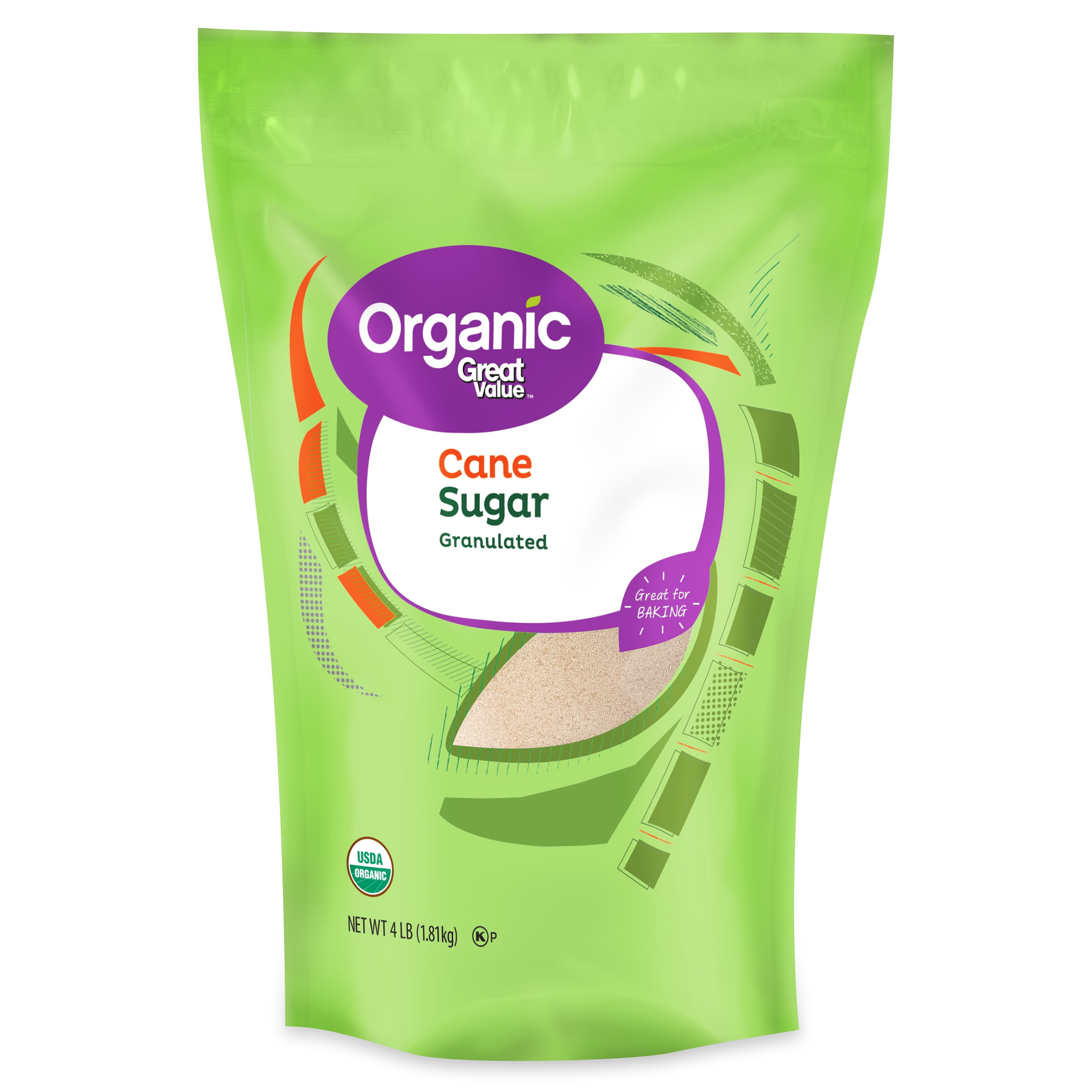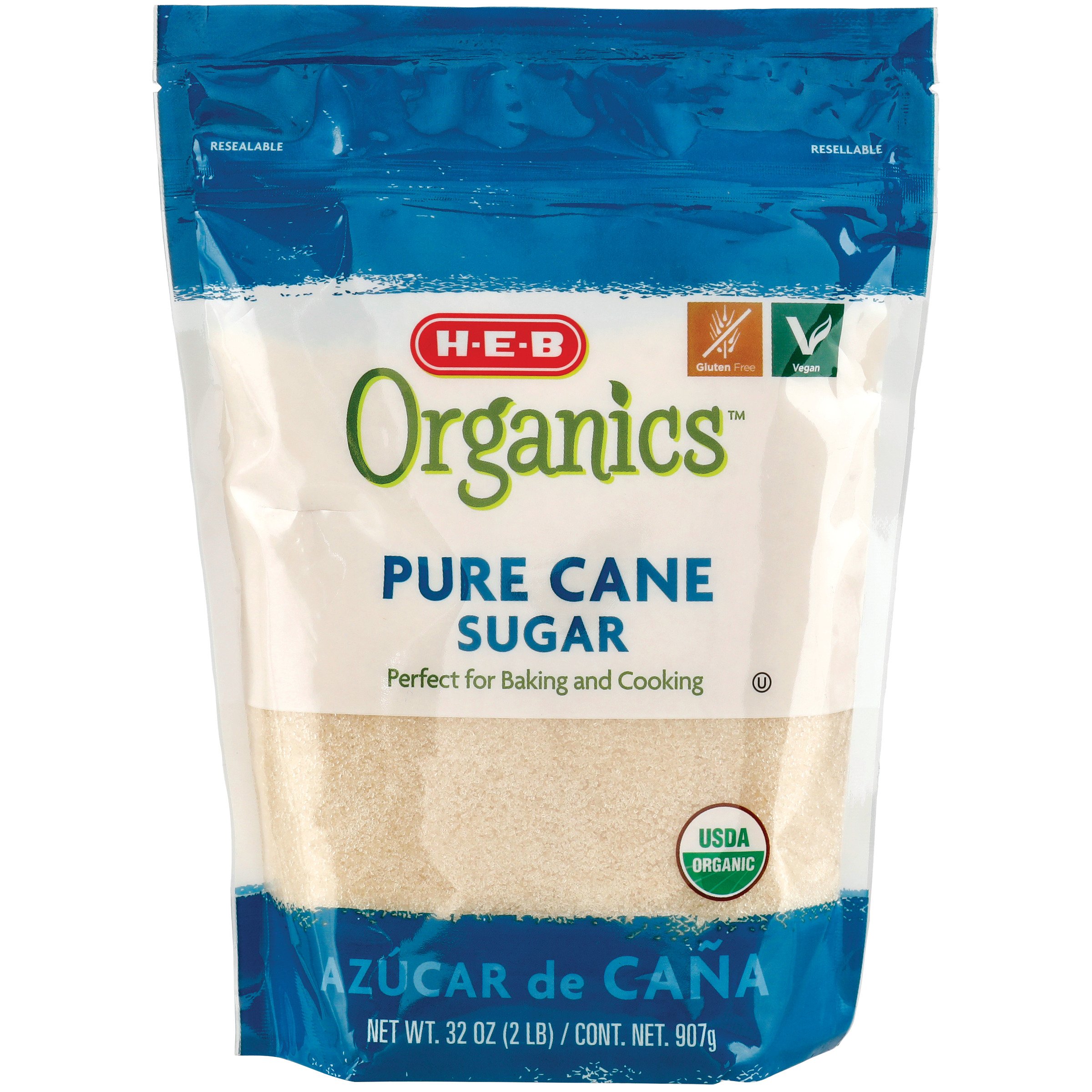Discovering Eco-Friendly Cane Sugar Processing Chemicals
Discovering Eco-Friendly Cane Sugar Processing Chemicals
Blog Article
Navigating Regulatory Compliance and Sustainability With Cutting-Edge Walking Cane Sugar Handling Chemicals in the Chemical Export Market

Regulatory Landscape Introduction
In the world of walking stick sugar processing chemicals within the chemical export industry, understanding the regulatory landscape is extremely important for ensuring compliance and sustainable procedures. Regulatory bodies such as the Environmental Protection Company (EPA) and the Food and Medicine Administration (FDA) play a vital duty in overseeing the production, import, and export of these chemicals. Conformity with guidelines set forth by these bodies is not just a legal requirement however additionally essential for keeping public health and ecological safety criteria.
Regulative structures governing walking stick sugar processing chemicals encompass a large range of elements, including labeling requirements, acceptable levels of particular substances, and guidelines for risk-free handling and disposal. For chemical exporters, this indicates adhering to rigorous documentation procedures, top quality control actions, and routine audits to show adherence to these guidelines.

Lasting Cane Sugar Chemical Innovations

One popular area of innovation is the development of environment-friendly chemicals that reduce water and power intake during the sugar processing phases. By applying these sustainable options, business can lower their carbon footprint while maintaining high levels of productivity. Additionally, innovations in naturally degradable chemicals are acquiring traction, offering an extra environmentally friendly choice to typical processing agents.
In addition, the assimilation of renewable resource resources in the manufacturing procedure is coming to be more common, more enhancing the sustainability profile of walking cane sugar processing. By accepting these sustainable cane sugar chemical developments, firms can not just satisfy governing needs yet likewise show a commitment to ecological responsibility in the chemical export industry.
Compliance Challenges in Exporting Chemicals
Browsing regulatory structures poses substantial obstacles for chemical exporters, calling for precise interest to conformity requirements and international regulations. Exporting chemicals entails adherence to a complex internet of policies that differ from country to country. Among the primary compliance obstacles dealt with by chemical merchants is making certain that the items satisfy the particular regulative needs of the importing hop over to here nation. This includes obtaining the needed authorizations, qualifications, and paperwork to demonstrate the safety and security and legitimacy of the chemicals being exported.
Additionally, chemical merchants should remain abreast of frequently developing guidelines and standards connected to chemical handling, transport, and production. Failure to conform with these policies can result in extreme effects, consisting of fines, lawsuit, and reputational damage. Additionally, navigating trade restrictions, permissions, and export control legislations includes an additional layer of intricacy to the conformity landscape for chemical merchants.
To mitigate these difficulties, chemical merchants have to purchase robust conformity programs, perform normal audits, and involve with regulative authorities to ensure an extensive understanding of the suitable laws and guidelines. By focusing on compliance and remaining aggressive in resolving regulative difficulties, chemical exporters can browse the complexities of international profession efficiently.
Ecological Effect of Walking Stick Sugar Processing
The environmental ramifications of cane sugar processing are an essential element requiring comprehensive evaluation in the chemical export market. Walking stick sugar processing can have considerable ecological impacts at various stages of production. One of the key concerns is the Going Here generation of big volumes of wastewater including raw material, suspended solids, and chemicals made use of in the handling plants. This wastewater, otherwise correctly dealt with, can contaminate water bodies, harm marine life, and degrade general water top quality. Additionally, the burning of sugarcane fields before harvesting, a typical technique in some areas, releases unsafe air contaminants and greenhouse gases right into the atmosphere, adding to air quality concerns and environment adjustment.
Moreover, the extensive use of pesticides and fertilizers in sugarcane cultivation can result in dirt degradation, water contamination, and damage to non-target microorganisms. It is essential for chemical exporters associated with the walking stick sugar handling sector to implement sustainable practices, spend in innovative wastewater therapy technologies, promote accountable farming approaches, and follow rigorous ecological regulations to minimize the unfavorable environmental impact of their procedures.
Future Trends in Sustainability Practices
What innovative strategies are chemical exporters in the walking cane sugar processing sector adopting to improve sustainability practices for the future? One prominent fad is the shift towards creating and utilizing environmentally friendly chemicals in the processing of cane sugar - Cane Sugar Processing Chemicals.
Another essential pattern is the application of sophisticated technologies such as automation and information analytics to enhance source usage and lower waste generation. Read More Here By utilizing the power of information and automation, chemical exporters can enhance their procedures, improve power effectiveness, and enhance general sustainability efficiency.
Furthermore, partnerships and partnerships with sustainability-focused companies and stakeholders are becoming increasingly typical. By collaborating, chemical exporters can exchange understanding, share ideal techniques, and jointly drive advancement in the direction of even more sustainable cane sugar processing techniques. Welcoming these trends will not only profit the environment however additionally make certain long-term success and competitiveness in the industry.
Final Thought
To conclude, the chemical export market have to browse intricate regulative landscapes and sustainability obstacles when refining walking cane sugar. Innovations in walking stick sugar handling chemicals are crucial to meeting compliance standards and minimizing ecological influence. As the sector proceeds to advance, it is important for business to embrace sustainable practices and stay ahead of future patterns to guarantee long-lasting success.
In the realm of cane sugar handling chemicals within the chemical export industry, understanding the regulatory landscape is paramount for making sure compliance and sustainable procedures.Checking out ingenious methods in the growth of lasting walking stick sugar chemical solutions is crucial for progressing ecological stewardship in the chemical export sector. Business are increasingly spending in research study and advancement to develop advanced cane sugar handling chemicals that not only make sure high performance in sugar manufacturing but additionally stick to rigid sustainability requirements.
Additionally, chemical merchants should remain abreast of frequently evolving criteria and policies related to chemical handling, production, and transport - Cane Sugar Processing Chemicals.The environmental implications of walking stick sugar handling are an essential element requiring extensive examination in the chemical export market
Report this page